Dracula
Dracula isn't a creature from myths, legends, or folklore. The fictional vampire is a product of Bram Stoker. The name, though, stretches back centuries to a prince who ruled the kingdom called Wallachia, which borders the land with which he's most famously associated: Transylvania. We'll be talking all about the pseudo-legendary exploits of the real bloody tyrant, the bizarre rules surrounding fictional vampires, and the inspirations for the most famous vampire novel of all time.
If you see your significant other on the roof scraping moss, you should just eat the soup they make you even if it makes you vomit.
Sponsors
Stranglers, by Earwolf
On iTunes: https://itunes.apple.com/us/podcast/stranglers/id1174116487?mt=2
The website: http://www.earwolf.com/show/stranglers/
Casper! Is amazing!
Is amazing! http://www.casper.com/legends
Vistaprint
For 50% off holiday cards: http://www.vistaprint.com and use code MYTHS at checkout
New show!
Our new show is Career Day. The jobs, lives, and stories of everyday people, every other Tuesday. It's an awesome show and we're really excited about it, so please check it out if it sounds cool.
On iTunes: http://itunes.careerdayshow.com
Online: http://www.careerdayshow.com
The feed (to copy and paste in any player): http://careerdayshow.libsyn.com/rss
Dracula. For Free.
"Dracula" by Bram Stoker: http://www.gutenberg.org/ebooks/345
Bonus picture:
All the Blood Countess Horribleness
Elizabeth Bathory torture techniques. Be warned, these are graphic and you cannot un-read.
- Gave servants red-hot coins and keys to hold
- Burned people with irons.
- Left young women out in the snow and poured cold water on them until they eventually froze to death.
- Set pubic hair on fire
- Smeared women in honey and left them outside for twenty-four hours
- Pulled a young woman's jaws until her face split
Bonus:
Music:
"Watermark" by Blue Dot Sessions
"Independent Film" by Steve Combs
"Scalloped" by Blue Dot Sessions
"A Calendar Spread" by Blue Dot Sessions
"As Nihilism Gives Way to Existentialism" by Nihilore
"Support Me in this Moment that I'm About to Lose Heart" by Nihilore
"Studie I" by Jahzzar
"Aisles" by Jahzzar

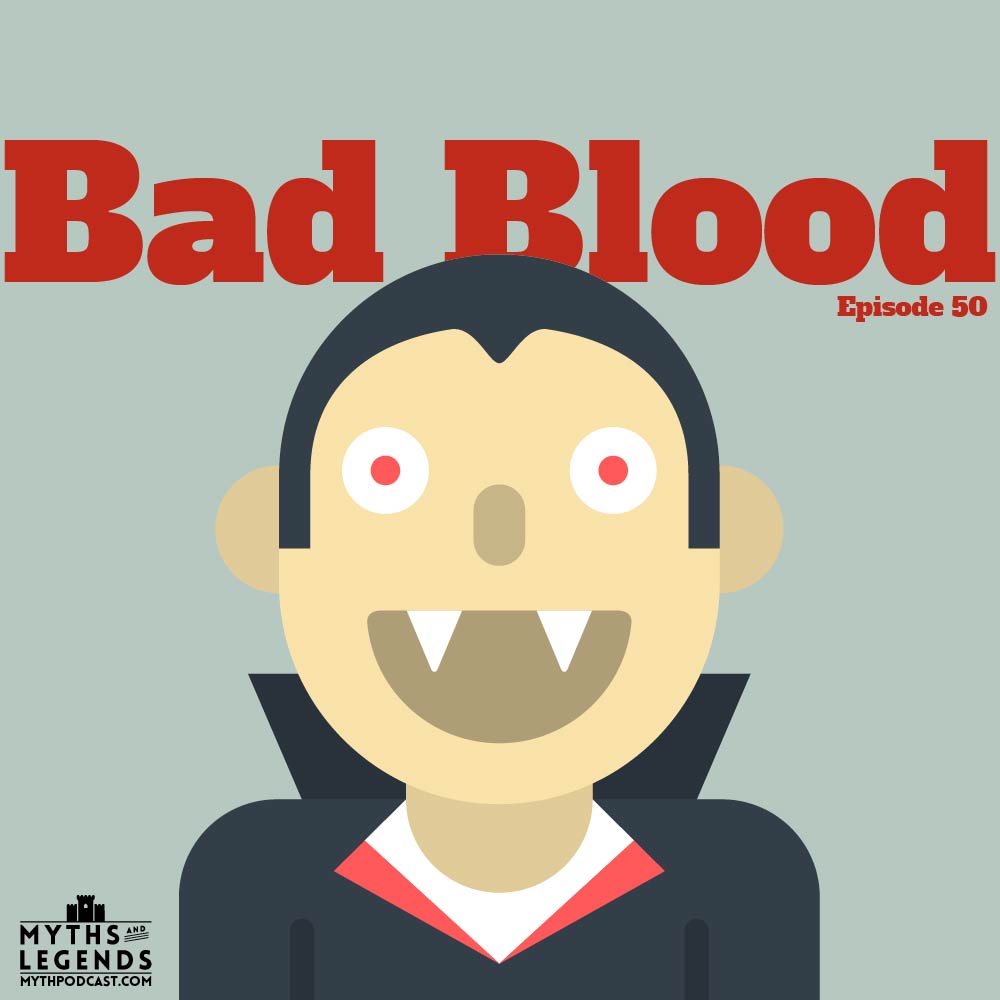


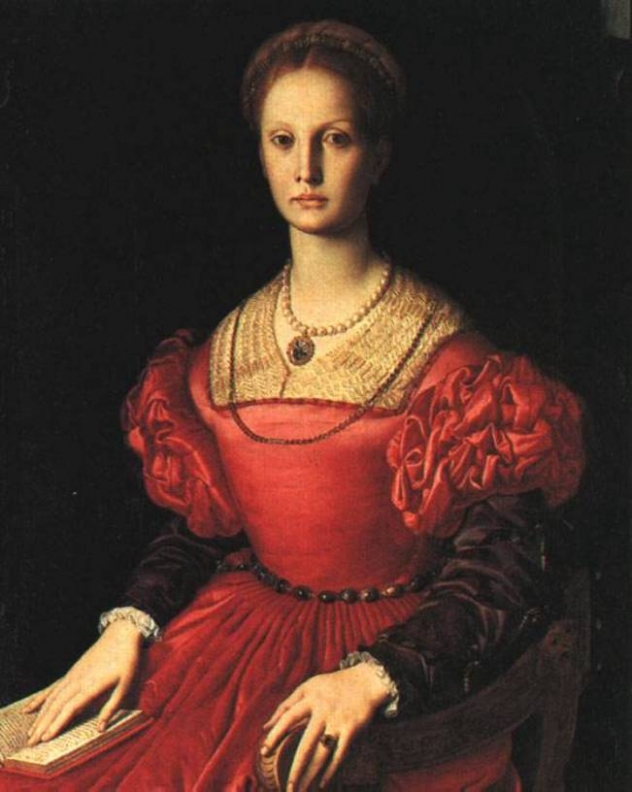
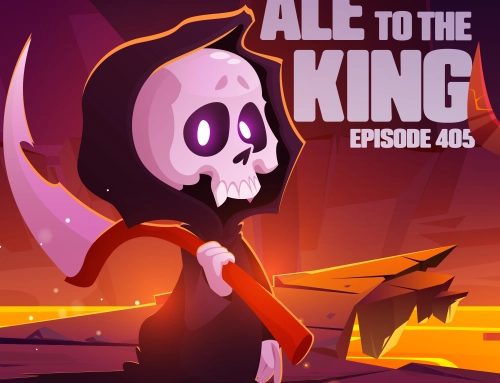
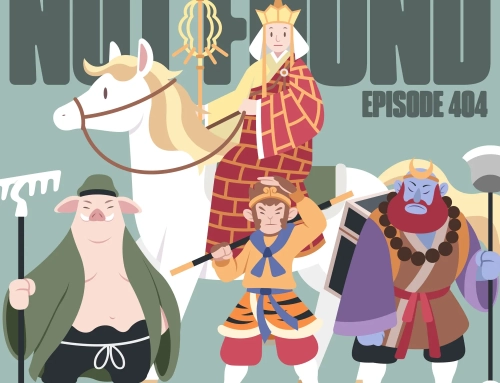
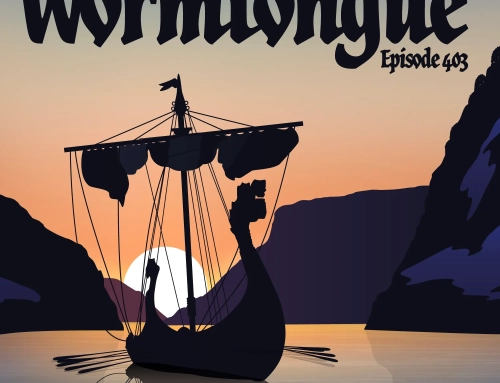

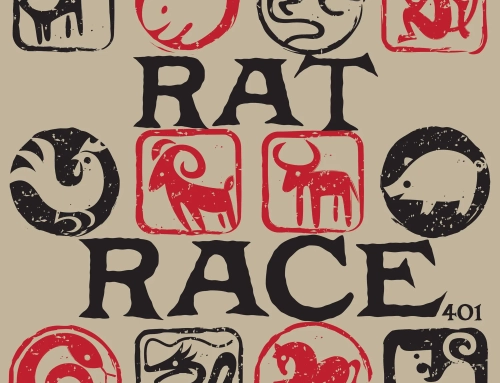
Hi i really enjoy your podcast. I was looking forward to this episode because I am from Romania so i get asked a lot about this when i meet foreign people. I just wanted to comment that the association with dragon for the name of Dracul is not right. It just means the devil. Thank you again for this awesome podcast it always makes me laugh:)
I need. A subtitle (caption closed) I read only because I’m ear disabled. I can’t hear this podcast
I love this podcast and am glad to finally reach the Dracula episode. I’ve studied Victorian Gothic literature with focus on monstrous creatures, as well as studied the life of Vlad Dracul, and have a few interesting tidbits to add.
First, on the character of Vlad himself, both when he ruled and even today, natives to his land usually thought him to be a great leader. There is an anecdote (thought to be real) that Vlad would leave a golden chalice in the town square and no one would ever steal it because of his no tolerance for crime policy. He may have been vicious to the boyars and other scheming parties, but my understanding is that he was a decent ruler to the common folk—just don’t be someone with power seeking to overthrow him. In a time when his land was surrounded by hostile forces on all sides and peasants could barely scape by, peasants knowing they were safe from thieves (foreign, domestic, or nobility) was a pretty good deal for them. On the flip side, he had a somewhat Spartan approach to lives and tended to kill off the sick and handicapped who couldn’t contribute to society.
Also, while pamphlets about Vlad were some of the first items published after the Bible on Gutenberg’s printing press, they are also starting to be seen as some of the first propaganda printed with a moveable type printing press. So while there’s no question about the brutality of his tactics, the opinions about him were not necessarily shared by all.
Ironically, most of the excess of impaling that he became famous for happened because he responded to a crusade called by the Pope in 1459. He was the only ruler in the surrounding countries who answered the call, which was important because a gigantic army of Turks was poised at Europe’s backdoor (the same Turks that held him captive most of his childhood and young adult life, so maybe desire for revenge played a part). Mohammed II wanted control of the Danube, from which he could launch naval attacks and defend against attacks by the Holy Roman Empire. When Vlad was the only one to respond to the crusade, Mohammed II saw it as his opportunity and started taking control of the surrounding area.
When Vlad chose his family’s commitment to be a vassal to Hungary (the Dragon Order) and refused to pay the traditional tribute to the Turks (the same tribute that led to him being captive by the Turks in his youth), the Turks invaded Wallachia and he was forced to defend himself. His success against the Turkish armies (he was reportedly praised by many Europeans for his success at Giurgiu) drew the ire of Mohammed II himself, who left his campaign at Corinth to attack Vlad personally.
As you mentioned, Vlad was forced to retreat through his own lands, implementing scorched earth policy, poisoning his own wells and burning his own crops, and using guerrilla tactics. The famous “Forest of the Impaled,” along with Vlad’s militarily brilliant attack on the Turkish camp the previous night, are credited with turning back Mohammed II and his armies, saving Wallachia from being annexed by the Turks. If he hadn’t been successful, his whole kingdom might have become Turkish and we’d be living in a very different world.
None of that excuses elements of the man himself that are reprehensible, particularly his distaste for the weak, but understanding that he was a brilliant tactician navigating the safety of his small kingdom that the Turks, the Holy Roman Empire, and the other Pope (via Hungary) all wanted to claim on their side helps put his story in perspective. From historical accounts, he wasn’t particularly worse than other tyrannical rulers of the day, he was simply willing to do be more public about what he perceived as necessary to solidify his power and protect his kingdom.
He was a captive much of his life in hostile lands and usually viewed as a pawn, buffer against an enemy, or obstacle to be crushed by his enemies, so he carved his own place in the world. He’s still a cruel and merciless villain with thousands of murders attributed to him, but he’s a much more nuanced character when we have a greater understanding of what drove him to his choices.
A final thought, I hope Stoker appreciated the irony of basing his character that can be killed with a wooden spike on a man who killed men on wooden pikes.
In terms of what vampires represent, I agree with the themes and symbolism that you listed, and am particularly intrigued by the idea of them being the embodiment of superstition.
What I think you didn’t touch on that helped lead to the success of the Dracula novel is the Victorian fear of loss of self/identity with mass emigration to cities from the countryside. At the turn of the following century (our modern day), we have similar fears regarding our loss of identify and selfhood with the rise of the internet—both the autonomy provided by it and control it has over our daily lives. Where vampires sucked blood, apps/games/videos/websites suck our time, and possibly our desires, motivations, and vigor for life.
Just like the end of the 1900s were a time of great technological advancements that led to uncertainty about what it means to be human, the end of the 2000s have given us similar fears and apprehensions. However, these days we see people who want to embrace the unknown becoming (a la Twilight, Vampire Diaries) without giving full consideration to the consequences of those actions. We’ve come full circle from Stoker, and I think he would be disturbed by how quickly today’s youth seem willing to sign over their souls (if metaphorically). To apply Zizek to the analysis, we have been experiencing vampires “first as tragedy, then as farce.”
Where do you get information on monsters from Gothic mythology. I am very interested in that subject, but they are hard to find information about.
I really enjoyed this episode, however most historians today agree that the charges against Elizabeth Bathory were fake and just a way for the king to get out of paying his debt and for other nobles to take control of her vast wealth and property. This was a woman who was a powerful ruler in her own right at a time when men thought women should be nothing more than bargaining chips for political marriages and brood mares for the creation of heirs. The stories of murder, torture, and bathing in blood were just a way to vilify women in power and an excuse to lock her up.
I am really interested in this perspective – would you be willing to share some sources? I would be happy to issue a correction on a later episode. The last thing I want to do is contribute to…oddly enough…a myth
Here, Jason. This is one of the better sources I’ve found concerning Bathory and her ‘myth’. The politics in play don’t add up to the crown trying to frame her just to steal her property and assets as she had already passed them along to her children before the trial. Considering over 200 witnesses testified against her, four accomplices were sentenced to death and she was allowed to remain alive albeit incarcerated when the king wanted her executed, I think it’s safe to say she was guilty of the majority of her crimes but I agree some of the myths were definitely inflated. If they were really trying to make a political move they went about it in the least expeditious way possible, especially since the prosecutor had family ties to Elizabeth and wouldn’t have betrayed his own bloodline for the sake of a politics . Hope you enjoy the read. Loved the episode! My girlfriend and I listen to you frequently. Currently writing a concept album about vampires so I was super excited when I caught this new one. Thanks for being an awesome podcaster. ‘Beauty and the Beast’ was also a favorite of mine.
http://vamped.org/2015/03/29/elizabeth-bathorys-blood-baths-separating-myth-from-reality/
Check out Tony Thorne’s “Countess Dracula: Life and Times of Elisabeth Bathory, the Blood Countess”. This book is insanely well researched with a truly exhausting number of historical references. I’m by no means saying that Elisabeth Bathory was a nice person, but she wasn’t the monster history has made her out to be. As for what Richard Thibault said in his comment below, I have a few things to say. Most of the 200 witnesses were people who probably never even met the Countess. The four main confessions used against her at trial were from the servants that were later executed and those confessions were extracted under torture, not exactly the most reliable method of getting truthful information. And lastly, anyone who goes with the excuse that family wouldn’t turn on each other has never read anything about history. There are literally volumes of history about family members stabbing each other in the back over money, power, or even just petty insults.
One more thing about her trial. It had to be a long and careful one because she was a noble and to just do a rush job would upset the other nobles of the realm. They wouldn’t care about her personally, but they certainly wouldn’t like it if the King decided to pull a move like that against the rest of them. So, the King had to move carefully to not give the rest of the nobles any reason to unite against him. That is also the most likely reason of why she wasn’t executed. Also, I’m not 100% certain, but I believe all her children were still children when she died. That means whoever became their guardian, most likely the very family members who betrayed her, would have control of all her wealth until her children came of age. That alone is motive enough for some of her male relatives to turn on her.
If you don’t want to buy the book I mentioned in my last message check out a website called rejectedprincesses.com. The creator of that site does a really good job of summarizing the lives various historical, and even a few mythological, women. He did a really good one of Elisabeth Bathory and he used Tony Thorne’s book as a primary source. Plus, I think you’d really enjoy the site itself. One of the reasons I started listening to your podcast was because someone told me your style was very similar to the rejected princesses site and I quite agree.
I love career day podcast ??
Awesome! I’ll pass it along!
The stories about Erzsébet Báthory bathing in virgins’ blood is mostcertainly not true, since y’know, blood clots. Her trial was most likely political,the sensational story just being a cover up. Zalka Csenge Virág has made an interesting post about her onher blog: http://multicoloreddiary.blogspot.de/2016/06/folklore-thursday-we-really-need-to.html